Información adicional:
Invited speakers:Volker Gast (Jena)Giannoula Giannoulopoulou (Athens)Sylviane Granger (Louvain-la-Neuve)Anna Mauranen (Helsinki)Sandra Halverson (Bergen)Issues:The aims, objectives and scope of contrastive linguistics; its relationship with neighbouring disciplines such as historical, typological, micro-variationist, intercultural and contact linguistics.The aims, objectives and scope of corpus-based translation studies, in particular the ongoing debate about so-called translation universals: criticism and explanation (regarding e.g. the role of 'risk aversion'), the 'dominance' of the source language, interaction between universals (e.g. explicitation v. normalisation), effects of genre and other external variables.Corpus-based interpreting research and its relationship with translation researchThe role of theoretical frameworks; comparability, incommensurability and the tertium comparationis; the necessity and significance of the 'socio-cultural link'Types, uses and mutual limitations of corpus data; the benefits of combining parallel and comparable corpora and their methodological relationship; the benefits of combining different methodologies, including multivariate statistics, distinctive collexeme analysis, etc.; the need to account for convergences as well as divergencesThe significance of the contrastive perspective for language-specific description on the one hand and general interface issues on the other (e.g. syntax/morphology, syntax/pragmatics)Contrasts between languages at the levels of text, register, discourse, and information structureThe effect of the source language or of particular language pairs on translation and how to factor it into quantificational analysesContacto:Renata.Enghels@UGent.be
